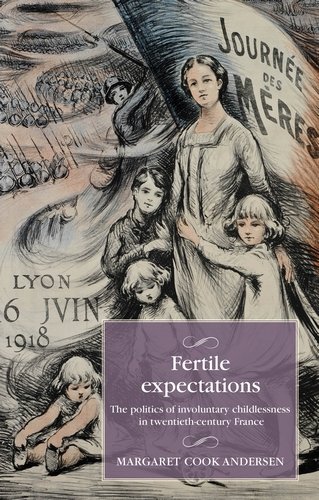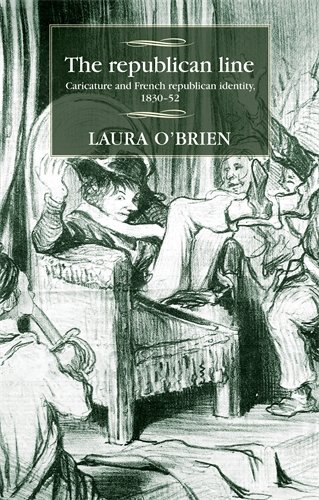Fertile expectations
The politics of involuntary childlessness in twentieth-century France

An engaging history of motherhood, demography, and infertility in twentieth-century France, this book explores fraught political and cultural meanings attached to the notion of an 'ideal' family size.
When statistics revealed a sustained drop in France’s birthrate, pronatalist activists pushed for financial benefits, propaganda, and punitive measures to counter declining fertility. Situating infertility within this history, the author details innovations in fertility medicine, cultural awareness of artificial insemination, and changing laws on child adoption. These practices offered new ways of responding to infertility and formed part of a growing expectation of being able to control one’s fertility and family size. This book presents the political and cultural context for understanding why private questions about when to start a family, how many children to have, and how to cope with involuntary childlessness, evolved and became part of state demographic policies.

Margaret Andersen is an Associate Professor of History at the University of Tennessee.





